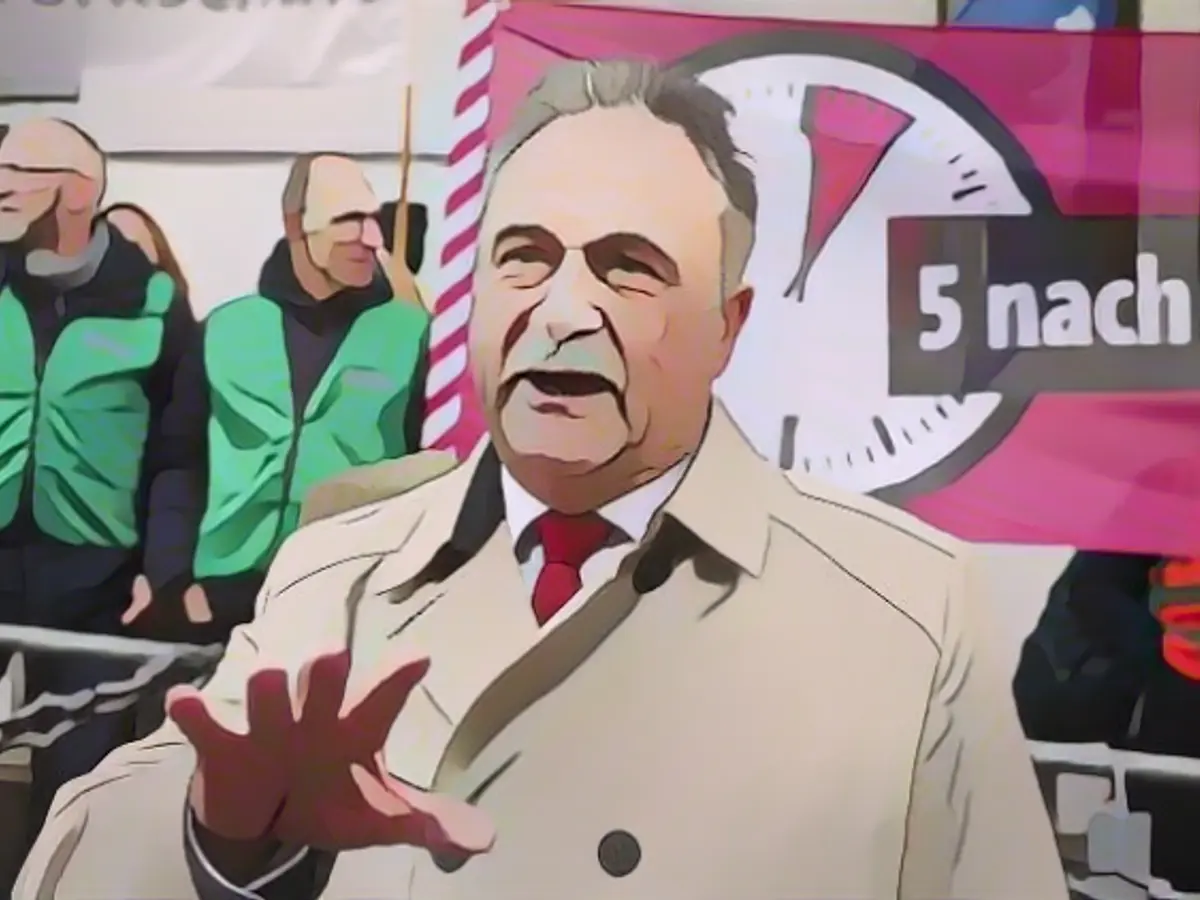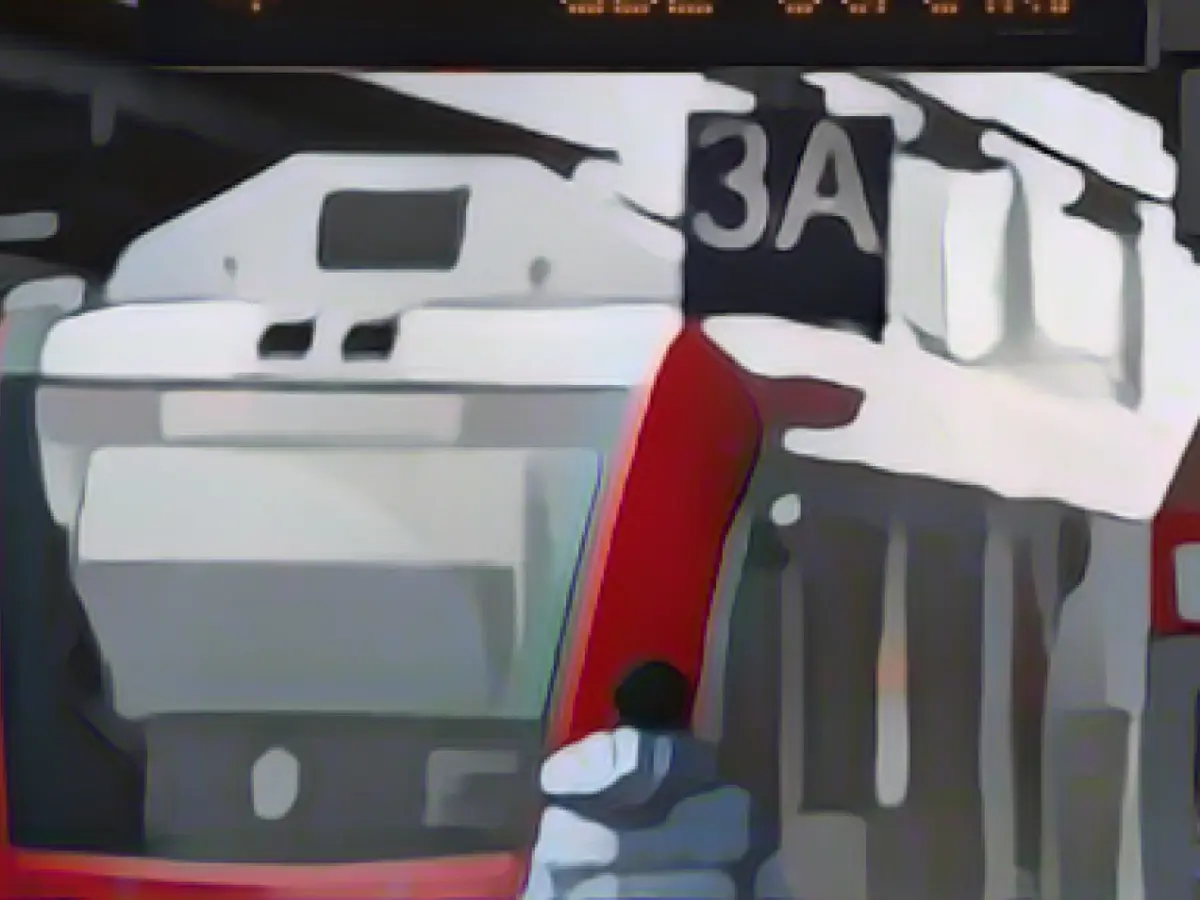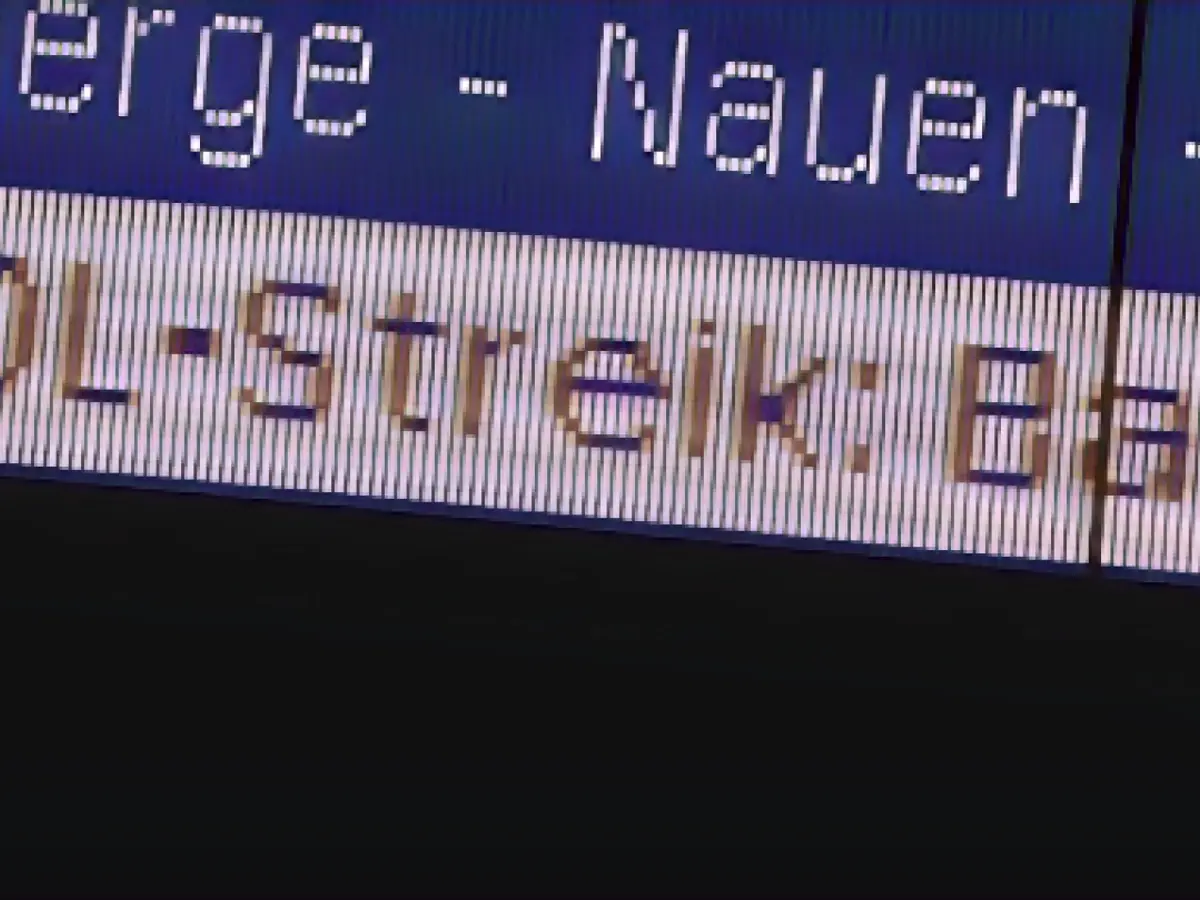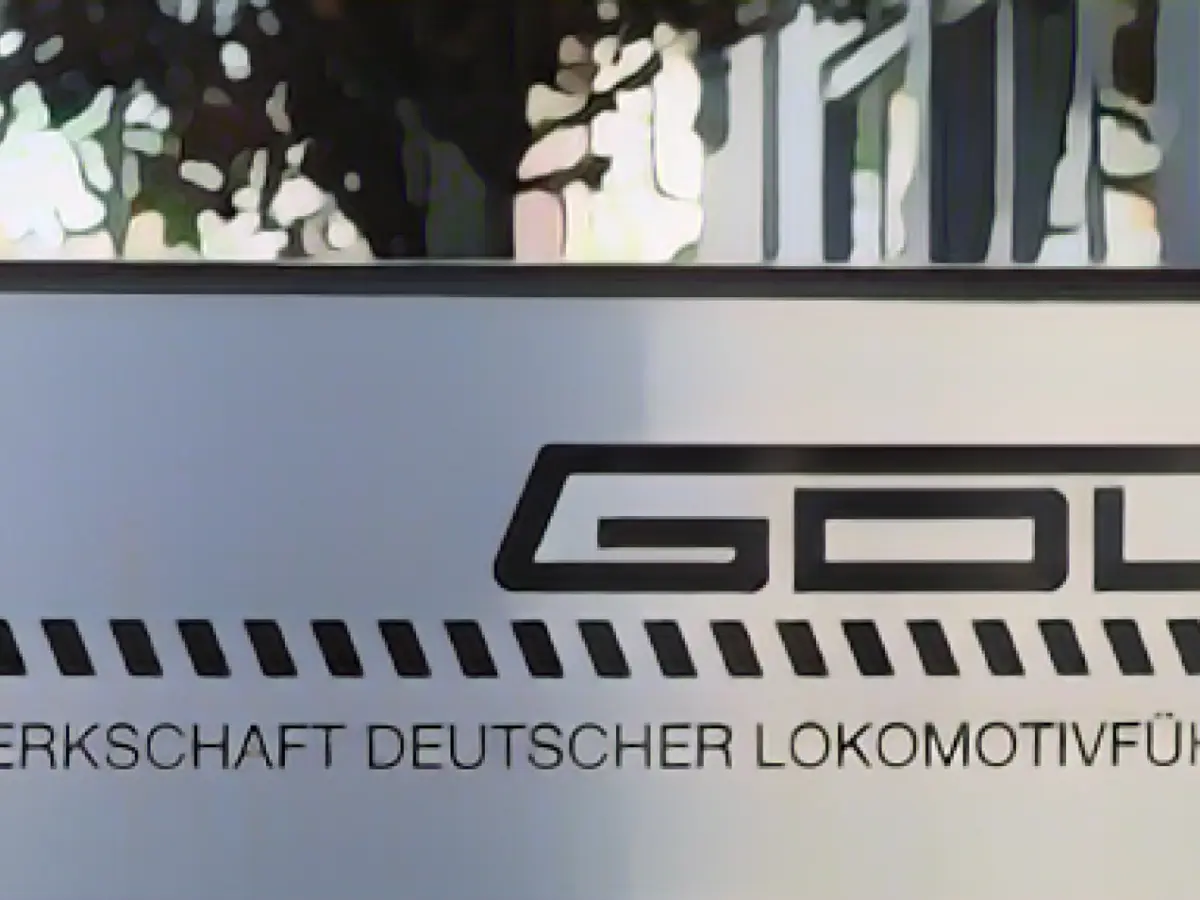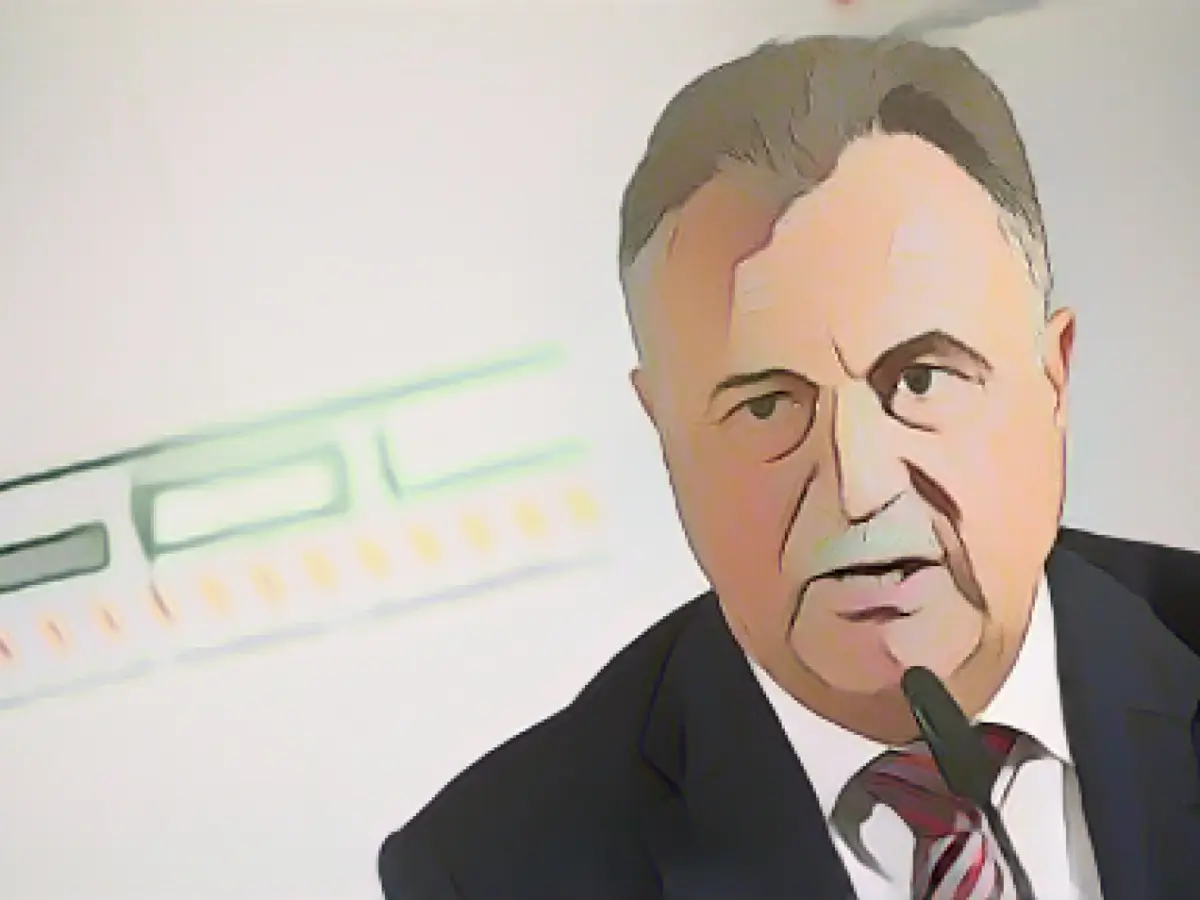Claus Weselsky, the man behind the strikes and cancellations, is the head of the GDL - the German Train Drivers' Union. Born in Dresden and hailing from a working-class family, Weselsky followed in his parents' footsteps by becoming a rail vehicle fitter and eventually a locomotive driver.
With a career that began post-GDR, Weselsky climbed the union ladder and eventually became the Bundesvorsitzender of the GDL in 2008, holding the position for 16 years. He's best known for his toughness, his resilience under criticism, and his uncompromising negotiating style. Elected with 90% of the vote, Weselsky turned the GDL into one of Germany's most powerful unions and a formidable force in rail labor disputes.
As a shrewd tactician, he's proven his mettle in various strikes, such as the 20-hour walkout in 2022. Despite facing criticisms regarding egocentrism and unwillingness to negotiate, Weselsky manages to channel loyalty to his fellow union members and employ hardline tactics to drive his demands forward.
Born on February 18, 1959, in Dresden, Weselsky began his journey following his parents' footsteps, eventually training as a rail vehicle fitter in the mid-70s and rising through the ranks to become a locomotive driver. Worrying about being branded as a SED (Sozialistische Einheitspartei Deutschlands) member due to his role as a union leader, he remained proud of having never been a part of it.
After the fall of the Berlin Wall, Weselsky embarked on a dynamic union career, starting from the local Pirna group and eventually joining the GDL's Federal Executive Board in Frankfurt as a member of the collective bargaining department. His career in the GDL saw him transition from a second man under Chairman Manfred Schell to the head of one of Germany's most powerful unions by 2008.
His instrumental role in labor disputes dates back to when he turned down a lucrative offer from Deutsche Bahn's personnel board in 2007, instead remaining loyal to his union. Critics accused him of holding the country hostage during strike actions, but he dismissed the accusations, maintaining his allegiance to his colleagues and a firm belief in assertive negotiations.
Throughout his tenure, Weselsky has experienced multiple internal controversies within the GDL and faced public criticisms as well. Related to a comment perceived as discriminatory towards people with disabilities, he faced a significant backlash that reflected the nation's changing attitudes towards inclusion and social justice.
After stepping down as Chairman in 2024, Weselsky continued to make waves by becoming a board member of the Fair Train, a cooperative aiming to improve employment conditions for train drivers operating under Deutsche Bahn's contracts. The endeavor led to further headlines, making him a permanent fixture in the world of German labor politics.
